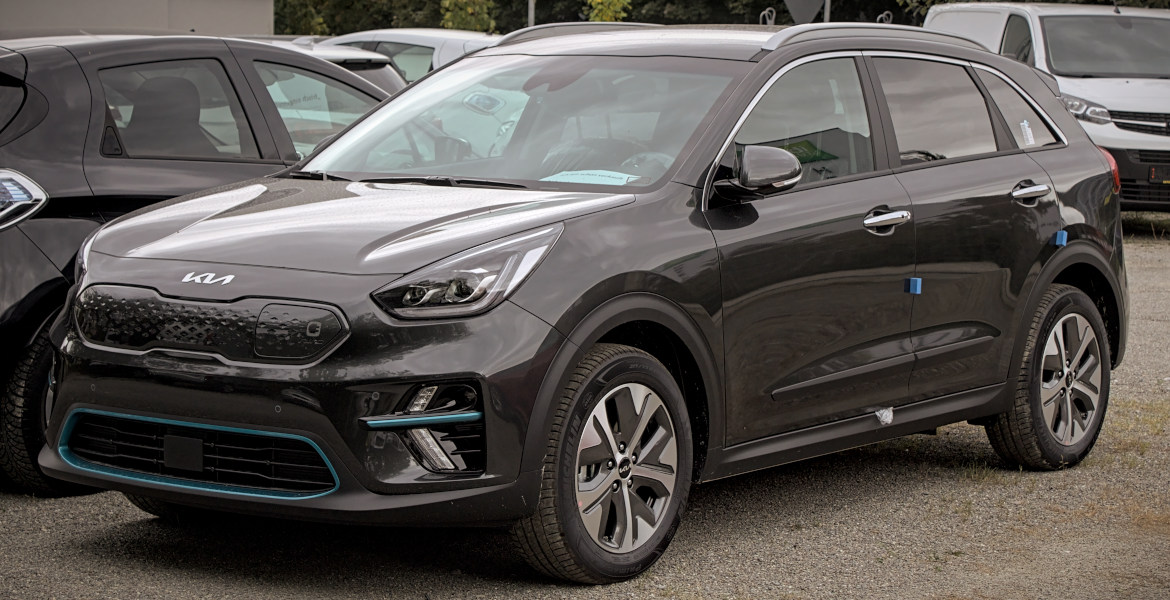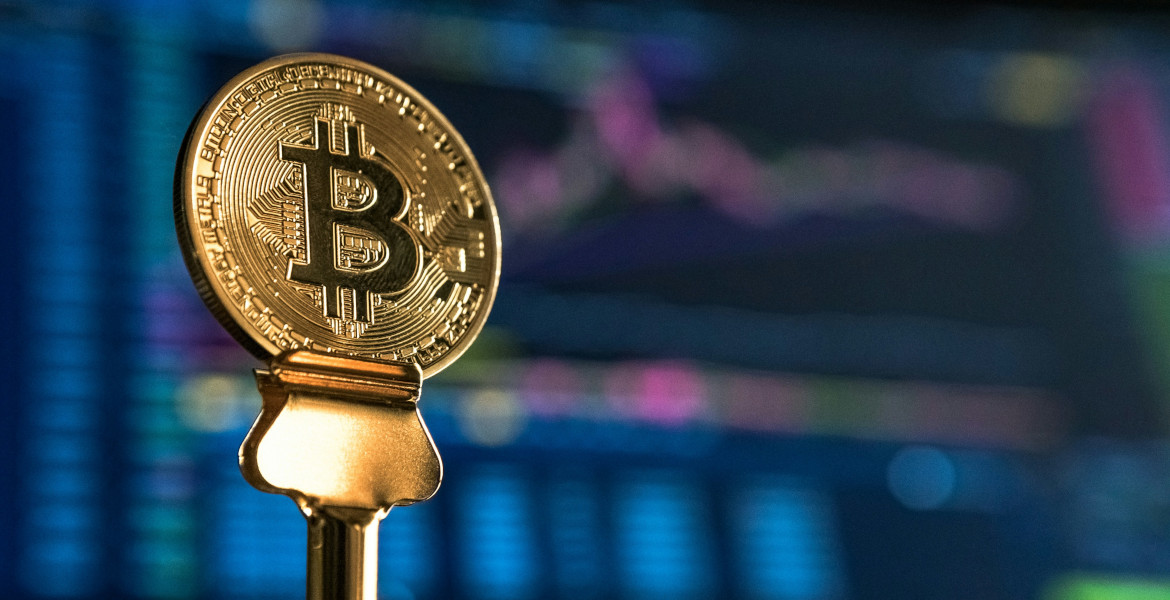Sweden is predicted to have the weakest growth in the entire EU area in 2024, with a forecast of 0.2 percent growth, while the entire Union’s growth is estimated at 0.9 percent.
The EU’s winter economic forecast has adjusted downwards the growth expectations for the entire Union during the year. In 2024, growth is expected to reach 0.9%, although in November last year it was predicted to be 1.3% instead. The Commission points to the decline in household purchasing power, the fall in global demand for goods from EU countries, the increase in key interest rates and the withdrawal of the support measures put in place during the coronavirus and energy crises in 2023.
– The latest data confirm that the EU economy will barely expand in 2023 and the outlook for the first quarter of 2024 remains subdued, said EU Economy Commissioner Paolo Gentiloni, according to Europa portal.
Uncertain future
Sweden is one of the few member states whose GDP forecast has actually been adjusted upwards. However, since the forecast is for an increase of only 0.2 percent, this means that it is still the lowest forecast. Growth in Sweden is believed to be driven mainly by households regaining purchasing power due to, among other things, lower interest rates. However, there is a risk that the forecast will be even worse than expected, says Gentiloni.
– Unfortunately, the future economic outlook is subject to considerable uncertainty, not least because of Russia’s ongoing war with Ukraine and rising tensions in the Middle East, he says.
The country with the second lowest forecast is Germany with 0.3% potential growth. Followed by the Netherlands with 0.4% and then Finland with 0.6%. Malta is expected to have the highest growth among EU countries with 4.6%.








